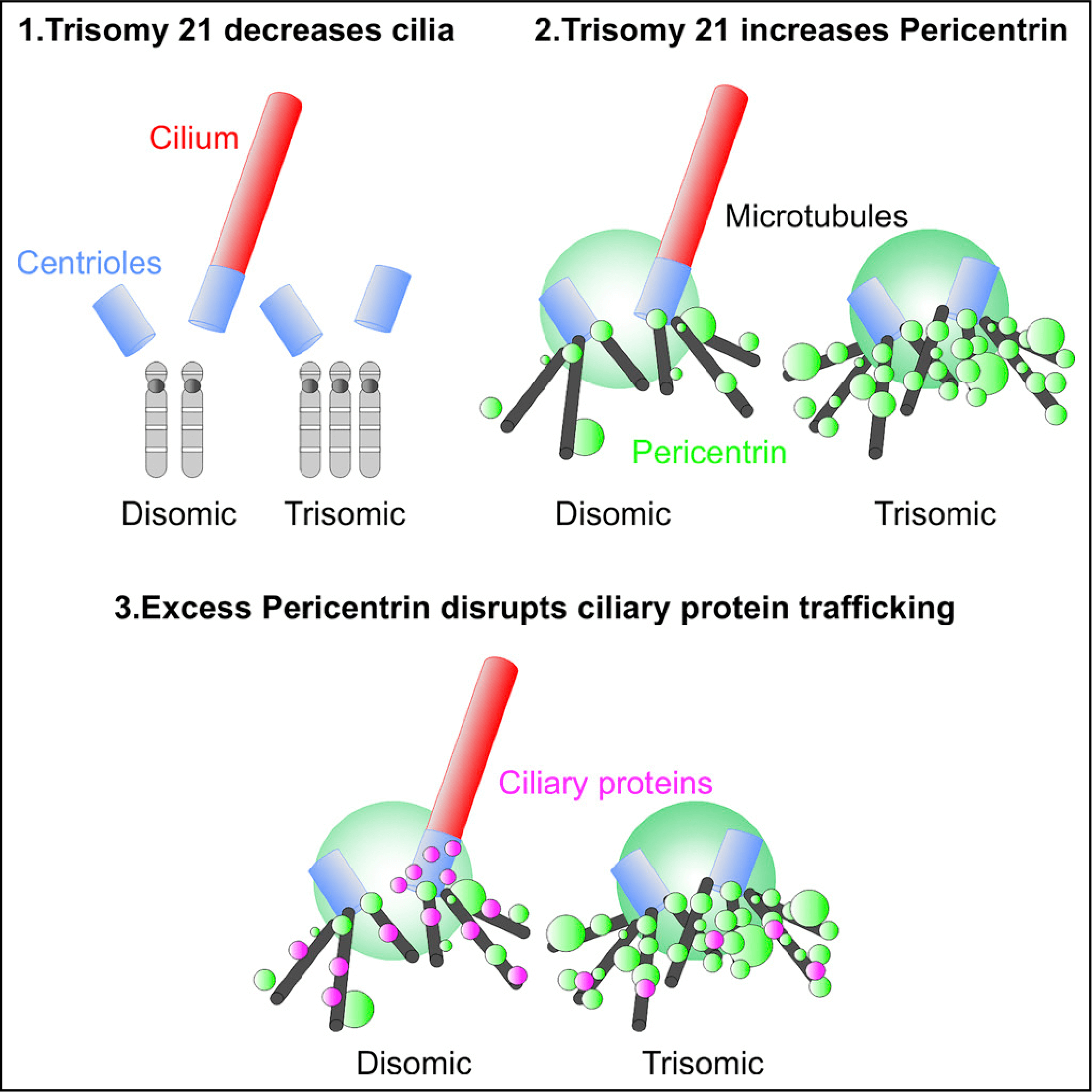Multidimensional definition of the interferonopathy of Down syndrome and its response to JAK inhibition
Crnic Institute study reveals immune dysregulation in Down Syndrome and potential therapeutic strategy.
Triplication of the interferon receptor locus contributes to hallmarks of Down syndrome in a mouse model
New research from the Crnic Institute suggests several Down Syndrome features may be linked to a hyperactive antiviral immune response.
JAK inhibition for treatment of psoriatic arthritis in Down syndrome
Response to JAK inhibition suggests that interferon hyperactivation underlies psoriatic arthritis in Down Syndrome.
Precocious clonal hematopoiesis in Down syndrome is accompanied by immune dysregulation
A Crnic Institute discovery may explain high risk of leukemia in children with Down Syndrome. This groundbreaking identification of precocious clonal hematopoiesis has unlocked new lines of research and discovery for our scientists.
Should individuals with Down syndrome be considered high-risk during COVID-19? A review of the science and current evidence.
This “Perspective” outlines why individuals with Down Syndrome should be considered an at-risk population for severe COVID-19. Specifically, the immune dysregulation caused by trisomy 21 may result in an exacerbated cytokine release syndrome relative to that observed in the typical euploid population, thus justifying additional monitoring and specialized care for this vulnerable population.
Mass cytometry reveals global immune remodeling with multi-lineage hypersensitivity to Type I Interferon in Down syndrome
This study used mass cytometry to create a scientific ‘map’ of the immune system. Then, scientists compared the immune system maps of people with Down syndrome to those without and found that, on average, people with Down syndrome have dysregulation in every detected branch of their immune system…..
Trisomy 21 Represses Cilia Formation and Function
After observing that Down syndrome and various ciliopathies have many clinical overlaps, including cardiovascular, musculoskeletal, and neurological abnormalities, our scientists decided to investigate cilia function in Down syndrome. They found that trisomy 21 deregulates the expression of numerous ciliary genes…..
Characterization of red blood cell metabolism in Down syndrome
Red blood cells are the most common cell type in the body, and their contents mirrors systemic metabolic processes. Here our scientists provide the first mass spectrometry–based relative and absolute quantitative metabolomic description of red blood cells from people with Down syndrome. Their results show that red blood cell metabolism is widely deregulated by trisomy 21…..
Trisomy 21 causes inflammatory protein changes
People with Down syndrome have a different disease spectrum compared to the typical population, but exactly why this is remains unclear. To begin addressing this, our scientists analyzed blood samples from individuals with Down syndrome. They found dozens of proteins that are consistently deregulated by trisomy 21, including many proteins involved in immune control, the complement cascade, and growth factor signaling…..
New characterization of MORC3, a chromosome 21 gene
MORC3 is a chromosome 21 encoded gene linked to inflammatory muscle diseases and cancer; however, its role in normal cell physiology and disease is poorly understood. Here, scientists evaluate the expression of MORC3 in trisomy 21 cells and human samples, and perform detailed genetic, biochemical, and structural analyses of MORC3…..
Trisomy 21 activates the interferon response
It is well known that a third copy of chromosome 21 (trisomy 21) causes Down Syndrome; however, the molecular processes that occur as a result are not well understood. In this landmark publication, our scientists used complementary genomics techniques and transcriptome analyses on multiple cell lines and human blood samples to show that trisomy 21 consistently activates the interferon signaling cascade across a variety of cell types…..











